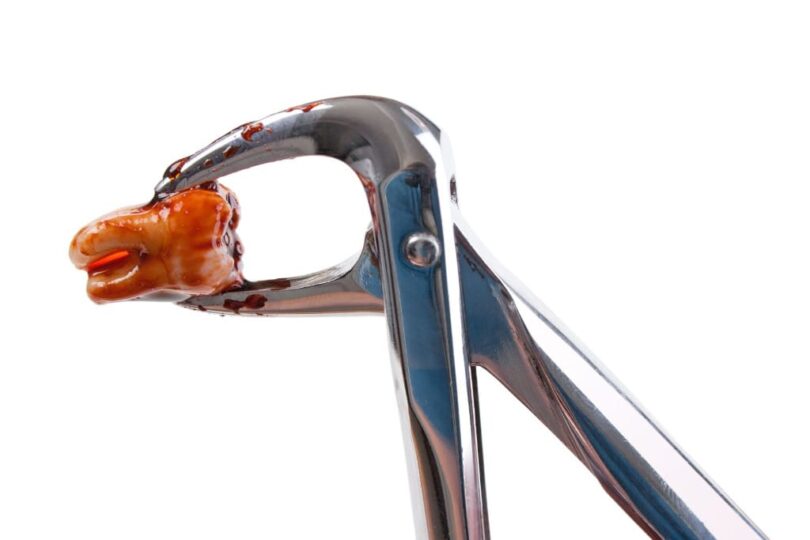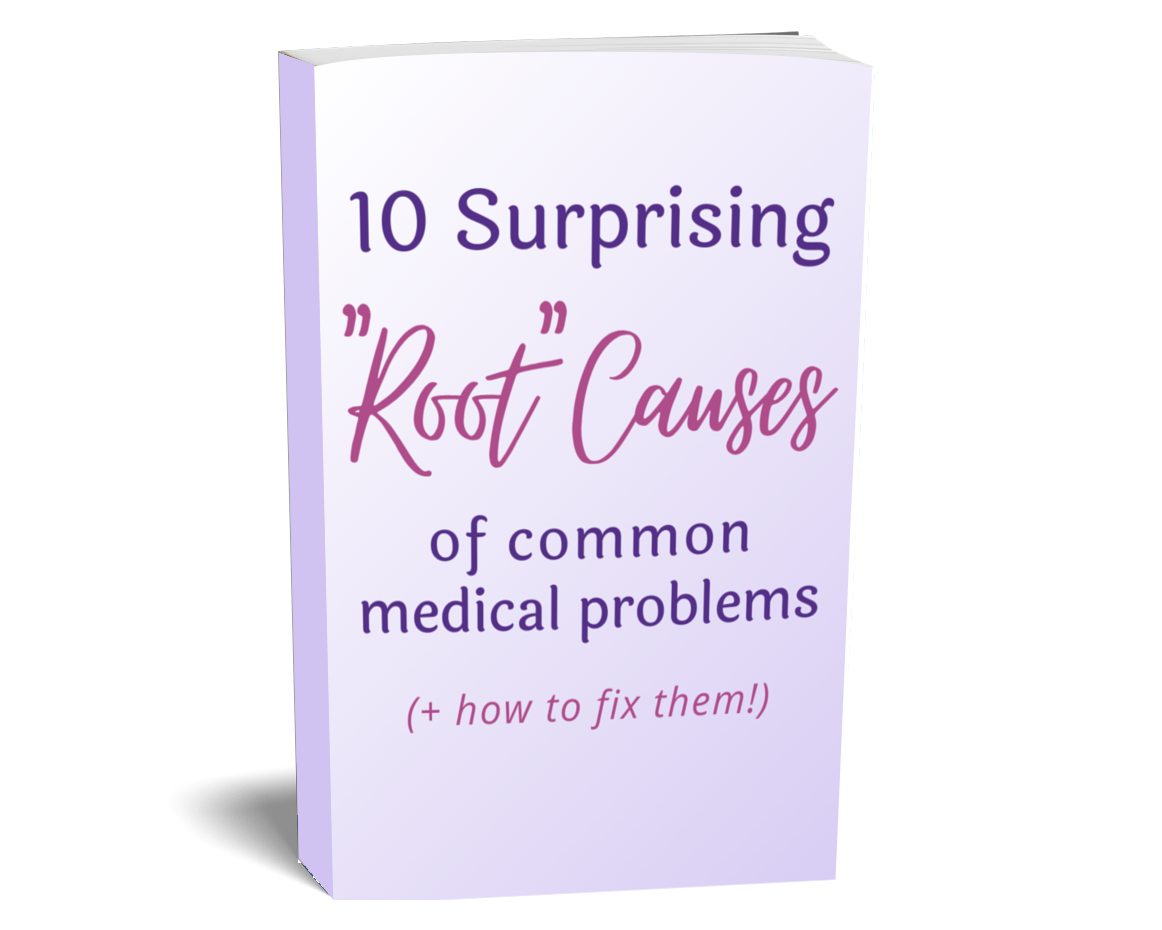Wisdom Tooth Odor Cure: Fresh Breath Solutions

The infamous wisdom tooth odor, a concern for many individuals undergoing the process of wisdom tooth eruption or those who have had their wisdom teeth extracted. It’s a common issue that can lead to embarrassment, anxiety, and a significant impact on one’s self-confidence. But what exactly causes this unpleasant smell, and more importantly, how can it be addressed? In this comprehensive guide, we’ll delve into the underlying reasons behind wisdom tooth odor and explore various fresh breath solutions to help you regain your confidence and a healthy, odor-free mouth.
Understanding Wisdom Tooth Odor
Before we dive into the solutions, it’s essential to comprehend the causes of wisdom tooth odor. This unpleasant smell can arise from several factors:
Trapped Food Particles: The wisdom teeth, especially when they are partially erupted, can trap food particles and debris, which become a breeding ground for bacteria. As bacteria feed on these particles, they produce volatile sulfur compounds (VSCs), leading to bad breath.
Poor Oral Hygiene: Inadequate brushing and flossing can exacerbate the issue, allowing bacteria to thrive in the mouth.
Dry Mouth (Xerostomia): A decrease in saliva production can contribute to bad breath. Saliva helps to wash away bacteria and food particles, and its absence can lead to an increase in odor-causing bacteria.
Gum Disease or Infection: Wisdom teeth that are impacted or only partially erupted are more susceptible to gum disease and infections. These conditions can cause bad breath due to the accumulation of bacteria and the body’s response to infection.
Fresh Breath Solutions
Fortunately, there are several strategies you can employ to combat wisdom tooth odor and achieve fresh breath:
1. Enhanced Oral Hygiene Practices
- Regular Brushing: Ensure you brush your teeth at least twice a day, paying special attention to the areas around your wisdom teeth. Use a fluoride toothpaste and a soft-bristled toothbrush.
- Flossing: Floss once a day to remove trapped food particles. If your wisdom teeth are partially erupted, you might need to use a floss threader or an interdental brush to clean between the teeth and under the gumline.
- Mouthwash: Rinsing with an antibacterial mouthwash can help kill bacteria that cause bad breath. Look for a mouthwash that carries the American Dental Association (ADA) Seal of Acceptance.
2. Dietary Changes
- Stay Hydrated: Drink plenty of water to keep your mouth moist and Help wash away bacteria and food particles.
- Avoid Odor-causing Foods: Certain foods like garlic, onions, and spicy dishes can cause bad breath. While they don’t directly affect wisdom tooth odor, reducing their consumption can improve overall breath freshness.
- Increase Fiber Intake: Foods high in fiber can help stimulate saliva production, which aids in washing away bacteria and food particles.
3. Professional Dental Care
- Regular Dental Check-ups: Regular visits to your dentist can help identify any issues related to your wisdom teeth early on. Your dentist can provide personalized advice on maintaining good oral hygiene around your wisdom teeth.
- Professional Cleaning: Regular professional cleanings can help remove plaque and tartar that can contribute to bad breath.
- Wisdom Teeth Extraction: In some cases, if your wisdom teeth are impacted or causing significant issues, your dentist might recommend extraction. This can be a definitive solution to eliminating wisdom tooth odor, especially if the teeth are the source of chronic infection or decay.
4. Home Remedies
- Salt Water Rinse: Rinsing your mouth with warm salt water several times a day can help reduce swelling and kill bacteria.
- Hydrogen Peroxide Mouthwash: Diluted hydrogen peroxide can be used as a mouthwash to kill bacteria. However, always dilute it with water (50⁄50) and use it in moderation, as undiluted hydrogen peroxide can damage tooth enamel.
Conclusion
Wisdom tooth odor, while embarrassing and frustrating, is a treatable condition. By understanding its causes and implementing a combination of enhanced oral hygiene practices, dietary changes, professional dental care, and home remedies, you can effectively combat this issue and enjoy fresh, confident breath. Remember, prevention and early intervention are key to avoiding more severe problems down the line. If you’re concerned about wisdom tooth odor or any aspect of your oral health, don’t hesitate to consult with your dentist for personalized advice and care.
FAQ Section
What are the primary causes of wisdom tooth odor?
+The primary causes of wisdom tooth odor include trapped food particles, poor oral hygiene, dry mouth, and gum disease or infection around the wisdom teeth.
How often should I visit my dentist if I have wisdom teeth?
+Regular dental check-ups are crucial, especially if you have wisdom teeth. It’s recommended to visit your dentist every six months for a routine check-up and cleaning. However, if you’re experiencing any issues or discomfort, don’t wait for your scheduled appointment; visit your dentist as soon as possible.
Can wisdom tooth extraction cure bad breath?
+Wisdom tooth extraction can be a solution to bad breath if the wisdom teeth are the source of infection, decay, or are trapping food particles and bacteria. However, it’s a decision that should be made in consultation with your dentist, as extraction is a surgical procedure and should be considered after other solutions have been explored.



